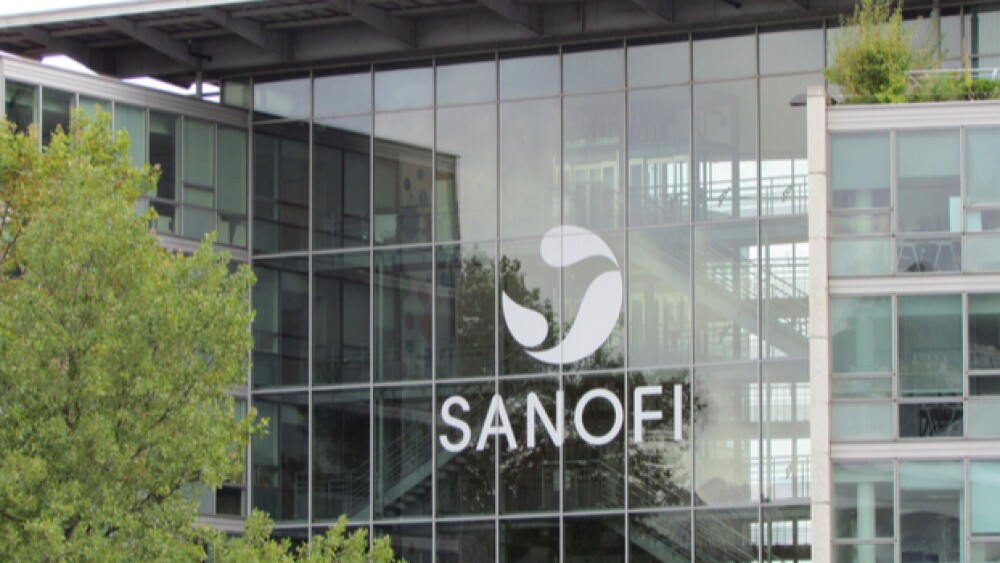Sanofi has been hoping to secure approval from the U.S. Food and Drug Administration for its dengue vaccine, but a mixed review from a panel of experts could sink the chances of a green light for the medication.
Keitma / Shutterstock.com
Sanofi has been hoping to secure approval from the U.S. Food and Drug Administration (FDA) for its dengue vaccine, but a mixed review from a panel of experts could sink the chances of a green light for the medication.
The FDA is expected to rule on Sanofi’s Biologics License Application by May 1 but if an advisory review of the medication is an indication, the FDA may dash Sanofi’s hope for a blockbuster vaccine. On Thursday, the FDA advisory panel handed down a split decision on both the safety and efficacy of the vaccine, which would be sold under the trade name Dengvaxia. The panel voted six to seven on efficacy when it came to the target population of the drug, patients ages 9 to 45 years old. There was one abstention. On safety, the panel was evenly split at 7 to 7. When it came to a smaller group of patients, those ages 9 to 17, the advisory panel was more supportive of the treatment, voting 13 to 1 in support of the vaccine’s efficacy and 10 to 4 on safety. The FDA granted a priority review for Dengvaxia.
In December, Dengvaxia, a live recombinant tetravalent dengue vaccine, snagged regulatory approval in Europe. It was first approved in 2015. Dengvaxia will be available in Europe to prevent dengue disease in individuals 9-45 years of age with a documented prior dengue infection and who are living in endemic areas, the company announced in December.
Also known as break-bone-fever, Dengue is a mosquito-borne infection marked by episodes of high fever and severe joint pain. People can get dengue up to four times and dengue is unique in that the second infection tends to be worse than the first. According to the World Health Organization, the threat and incidence of dengue have grown over the past few decades and threatens about half the world’s population, including territories of the United States. In 2010, Puerto Rico experienced the largest outbreak with more than 12,000 cases.
While Sanofi is hoping to snag approval in the U.S., the FDA panel vote came at a time the government of the Philippines is preparing criminal charges against the company over the administration of the medication in that country. Last week, the government’s Department of Justice said it found probable cause to indict Sanofi officials over 10 deaths it claims are linked to the Dengvaxia vaccine.
Dengvaxia has been a sore point for the Philippines. In 2017 it was reported that the Dengue vaccine could actually worsen the symptoms of the illness in people who had previously not been exposed to the virus. Sanofi said the analysis showed more cases of severe disease could occur following vaccination in patients who had not been previously infected by the dengue virus. The Philippines has halted the use of Dengvaxia in that country.
While Sanofi is struggling with the claims against Dengvaxia, rival drugmaker Takeda Pharmaceutical is one step closer to seeing its own vaccine approved. In January, the company said its vaccine for dengue fever hit its primary efficacy endpoint in its Phase III clinical trial. The data from this trial will be used to support a regulatory filing in the U.S. Takeda is also conducting a long-term safety study as well.





